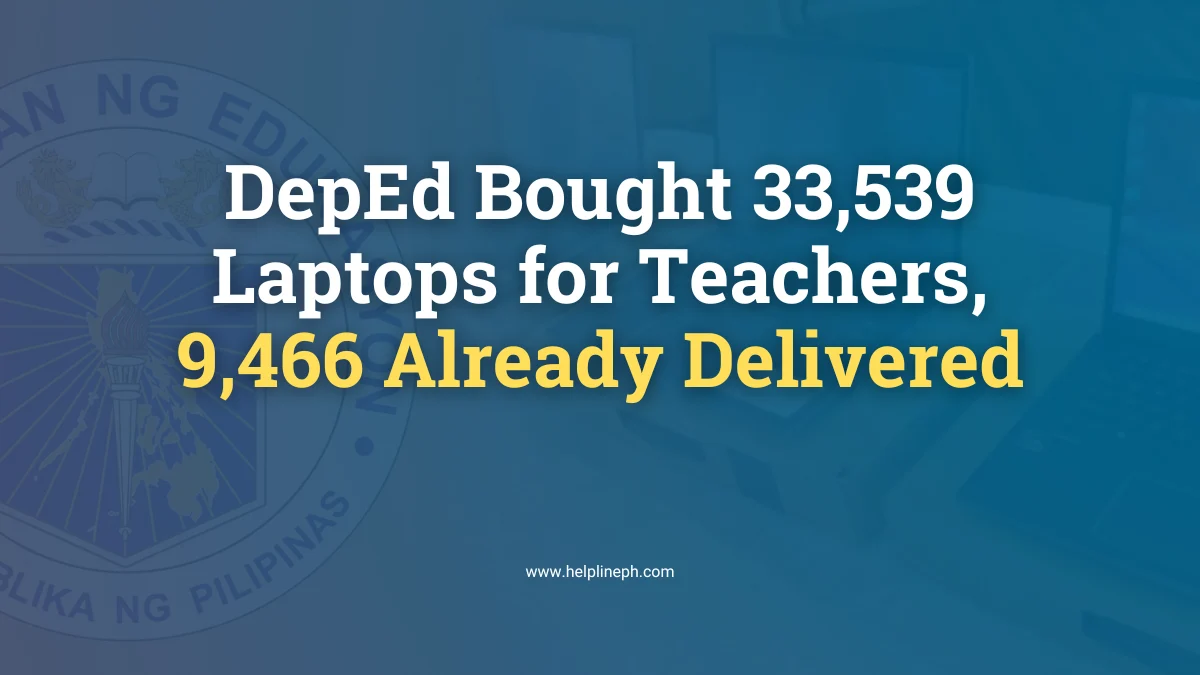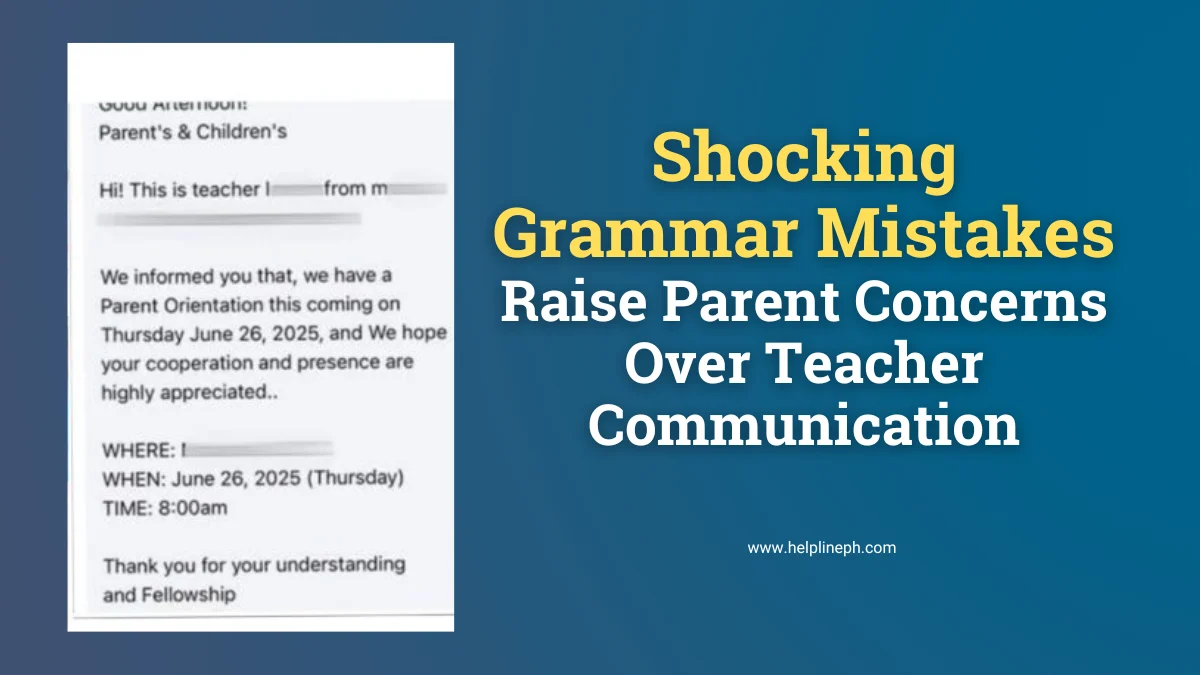President Ferdinand R. Marcos, Jr. has signed a new law that allows working Filipino professionals to earn a college degree based on their work experience and prior learning. This means Filipinos can now get a degree without following the traditional path of attending college for four years.
The Expanded Tertiary Education Equivalency and Accreditation Program (ETEEAP) Act was officially signed on February 3, 2025. The government hopes this will give skilled workers a chance to earn a college degree and improve their career opportunities.
How Does the Law Work?
This new law will assess and recognize a person’s formal, nonformal, and informal learning, as well as their work experience, to determine if they qualify for an academic degree.
The Commission on Higher Education (CHEd) will oversee this program. CHEd will work with universities and colleges to make sure the system is fair and that only qualified individuals receive degrees.
To do this, CHEd will:
✅ Set up standards for evaluating skills, knowledge, and work experience
✅ Authorize certain schools to offer degrees under this program
✅ Monitor and review how the program is being implemented
✅ Grant or revoke institutions’ authority to run the program
Who Can Apply for a College Degree Through Work Experience?
This opportunity is open to Filipino citizens, whether they live in the Philippines or abroad. However, not everyone qualifies automatically. Applicants must meet specific requirements:
✔ Age Requirement: Must be at least 23 years old
✔ Education Requirement: Must have completed high school or an alternative education program
✔ Work Experience: Must have at least five years of relevant work experience in the industry related to the degree they are applying for
These requirements ensure that only experienced professionals who have gained valuable knowledge through years of work can benefit from this program.
What Are the Benefits of This Law?
This law is a game-changer for many hardworking Filipinos who could not afford or complete college. Here are some of the key benefits:
✅ More Career Opportunities
Many jobs require a college degree, even if a person has years of experience. Now, skilled professionals can finally earn a degree that matches their expertise.
✅ Faster and More Affordable Education
Instead of spending four years in college, workers can get a degree based on what they already know. This saves time and money.
✅ Encourages Lifelong Learning
The program values different ways of learning, not just formal education. It recognizes skills learned through training, self-study, and work experience.
✅ Helps Overseas Filipino Workers (OFWs)
Many OFWs have years of work experience but lack a formal degree. This program gives them a chance to earn a degree and qualify for better jobs abroad.
Challenges and Concerns
While the law brings great opportunities, there are some challenges:
🚩 Strict Assessment Process – Not everyone will qualify. Applicants must provide proof of their learning and experience.
🚩 Limited Schools Offering the Program – Not all universities will participate, so students may have fewer options.
🚩 Quality Control – CHEd must ensure that degrees awarded through work experience are as valuable as traditional degrees.
How to Apply for the ETEEAP Program
Filipinos who want to apply must follow these steps:
1️⃣ Check if You Qualify – Make sure you meet the age, education, and work experience requirements.
2️⃣ Find an Accredited School – CHEd will release a list of universities offering this program.
3️⃣ Submit Your Application – You will need to provide documents like your high school diploma, proof of work experience, and other relevant certificates.
4️⃣ Undergo Evaluation – Schools will assess your knowledge and skills through exams, interviews, or practical tests.
5️⃣ Earn Your Degree – If you pass the evaluation, you will be granted a degree equivalent to a regular college graduate.
Conclusion
The Expanded Tertiary Education Equivalency and Accreditation Program Act is a major step forward for Filipino professionals. It recognizes that education is not just about attending school but also about real-world experience.
With this new law, more Filipinos can achieve their dreams of earning a college degree, improving their careers, and securing a better future for their families.
Frequently Asked Questions (FAQs)
Can high school graduates apply for this program?
Yes, as long as they have completed high school or an alternative learning program. They must also have at least five years of relevant work experience.
Can overseas Filipino workers (OFWs) apply?
Yes! OFWs can apply if they meet the requirements. They may even use their work experience abroad to qualify.
How long does the application process take?
It depends on the school and the assessment process. Some may complete it in a few months, while others might take longer.
Will this degree be accepted for jobs in the Philippines and abroad?
Yes, degrees earned through ETEEAP will be recognized just like traditional college degrees, as long as they are awarded by accredited schools.
How can I find out which schools offer this program?
CHEd will release a list of universities and colleges authorized to offer ETEEAP. You can check their website or contact them directly.






